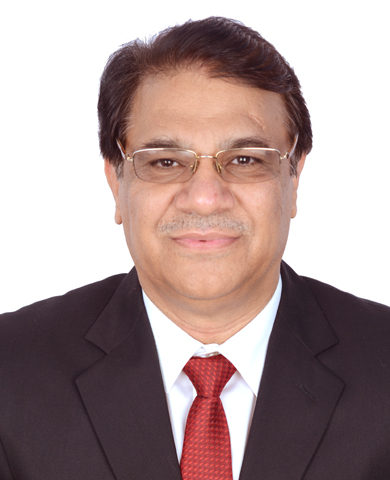
Thomas W. Okita
Prof. Thomas W. Okita has a B.S. in Biochemistry (with Honors) from California State University at Los Angeles and a Ph.D. in Marine Biology from the Scripps Institution of Oceanography, University of California, San Diego in 1977. He received postdoctoral training in plant biochemistry at the U.C. Davis from 1976-1980. After a brief stint as a research scientist at the USDA-WRRC in Albany California, he began his academic career in 1982 at the Institute of Biological Chemistry at Washington State University where he is presently Regents Professor. Dr. Okita is recognized internationally for his seminal contributions to the study of starch regulation and RNA localization in plants. He has published over 210 research and review articles (including the trifecta in Science, Nature and Cell) and book chapters. He has been invited to give 140 presentations or seminars at major conferences, symposium and universities throughout the world. He has served on 29 U.S. federal extramural grant panels and 8 scientific advisory committees for the National Science Foundation, Department of Energy, and USDA, and as chair of the Committee of Visitors for the NSF Division of Biological Infrastructure. He has served on four separate occasions as panel manager for two USDA NRICGP programs (Genetic Mechanisms and Plant Biochemistry) and twice as a program director for NSF Plant Genome Research Program. He is currently a review editor for PLANT SCIENCE journal. His research programs in starch and RNA localization have received more than $25 million in competitive federal extramural grants and is currently supported by the National Science Foundation to study how RNA binding proteins specify the transport and localization of RNAs and their fate in plant cells and by the USDA-AFRI to study the relationship between the plastid phosphorylase and photosynthesis.

Dr Rishi Kumar Tyagi
Dr Rishi Kumar Tyagi is working as Coordinator, Asia-Pacific Consortium on Agricultural Biotechnology (APCoAB), APAARI, Bangkok, Thailand, since 2017. Dr Tyagi holds a Ph.D. degree in Botany from University of Delhi, Delhi, India and Post-Graduate Diploma in Intellectual Property Rights laws from Indian Law Institute (Deemed University), New Delhi, India. Dr Tyagi worked as Post-Doctoral Research Associate in University of Illinois, USA, worked on wide hybridization of soybean employing biotechnological methods. He has more than 34 years of experience in managing plant genetic resources (PGR) using biotechnological tools for collecting, characterization (morphological and molecular), evaluation, conservation and use, in accordance with national and international conventions/treaties and related to biosafety regulations. Since 2009, he was holding the position of Head, Division of Germplasm Conservation at the ICAR-National Bureau of Plant Genetic Resources, New Delhi, India, managing its National Genebank which ranks second largest in the world in terms of germplasm holding. He is also the Programme Leader of Conservation of agri-horticultural crop germplasm using conventional and biotechnological methods (in vitro and cryopreservation); and Lead Centre Project Coordinator for the Consortium Research Project on Agrobiodiversity involving 89 partners. He has executed several projects and organized trainings/symposia, both nationally and internationally. He was Co-organizing Secretary of ‘Ist International Agrobiodiversity Congress’, which was attended by about 1100 participants from 64 countries and inaugurated by Prime Minister of India, in November 2016. He has been Vice President, General Secretary and Editor-in-Chief of the Indian Society of Plant Genetic Resources. He has to his credit 104 research papers in high impact factor peer reviewed journals, 42 book chapters/policy papers, 26 edited books/monographs. He has delivered 76 invited talks in in conference/seminar/symposia. He has guided many M.Sc. and Ph.D. students. Dr Tyagi is reviewer of many research journals of international repute. His current areas of interest are agricultural biotechnology and application of biotechnologies in management and bioprospecting of bioresources, and enhance the benefits of biotechnologies for sustainable agricultural development in the Asia-Pacific region, through greater stakeholder partnerships, improved policy environment, enhanced capacity building and greater public awareness.


